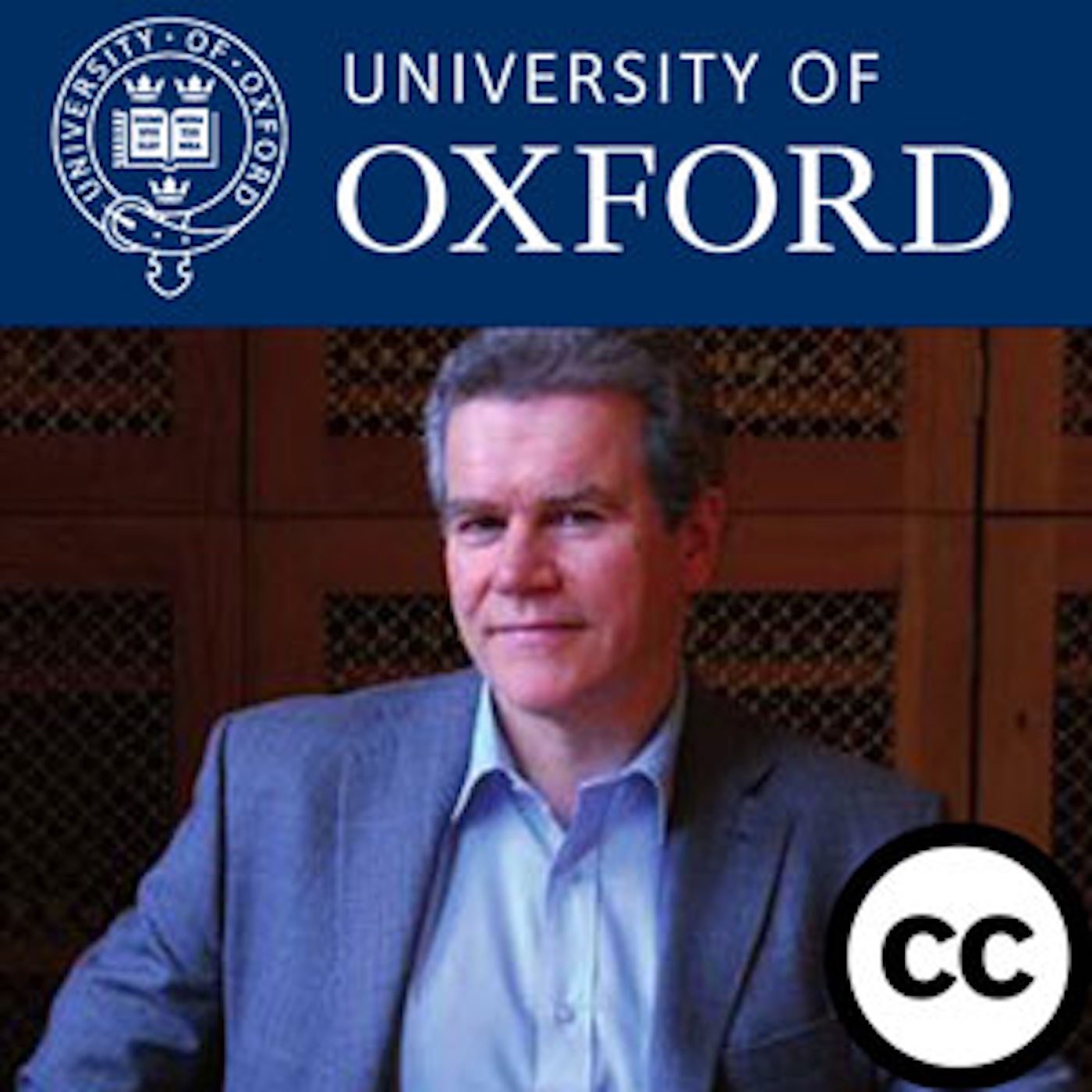Podcast Profile: General Philosophy
 Site • RSS • Apple Podcasts
Site • RSS • Apple Podcasts41 episodes
2010
Median: 12 minutes
Collection: Philosophy

 Site • RSS • Apple Podcasts
Site • RSS • Apple PodcastsDescription (podcaster-provided):
A series of lectures delivered by Peter Millican to first-year philosophy students at the University of Oxford. The lectures comprise of the 8-week General Philosophy course, delivered to first year undergraduates. These lectures aim to provide a thorough introduction to many philosophical topics and to get students and others interested in thinking about key areas of philosophy. Taking a chronological view of the history of philosophy, each lecture is split into 3 or 4 sections which outline a particular philosophical problem and how different philosophers have attempted to resolve the issue. Individuals interested in the 'big' questions about life such as how we perceive the world, who we are in the world and whether we are free to act will find this series informative, comprehensive and accessible.Themes and summary (AI-generated based on podcaster-provided show and episode descriptions):
➤ Philosophy lectures at Oxford • Philosophical methods • History of philosophy • Key philosophical problems • Notions of perception, identity, and knowledge • Free will and moral responsibility • Cartesian dualismThe podcast "General Philosophy" consists of a series of lectures delivered by Peter Millican, aimed primarily at first-year philosophy students at the University of Oxford. It serves as an introduction to a wide array of philosophical topics, covering both historical perspectives and contemporary discussions. The series extensively explores the evolution of philosophical thought from its origins in Ancient Greece through the Modern Period, featuring key philosophical figures such as Aristotle, Descartes, Hobbes, Locke, Hume, and Kant.
The episodes address fundamental philosophical problems and the methods philosophers have employed to tackle them. Topics include the dynamics between science and philosophy, the development of a mechanistic view of the universe, empiricism, idealism, and skepticism. The lectures also delve into the nature of knowledge with discussions on epistemology, the problem of induction, and the traditional analysis of knowledge. There's considerable exploration of metaphysical concerns, such as the mind-body problem, Cartesian dualism, personal identity, and free will, with various philosophical responses presented.
Throughout the series, the lectures also focus on philosophical methodologies, encouraging listeners to critically engage with philosophical issues. The structure is educational, chronological, and designed to provoke thought about existence, knowledge, perception, freedom, and identity. Lecture slides are provided for some episodes enhancing the learning experience. This podcast provides a comprehensive and accessible platform for those seeking to understand the intricacies of Western philosophy, its historical development, and its ongoing relevance in addressing the 'big' questions about life.